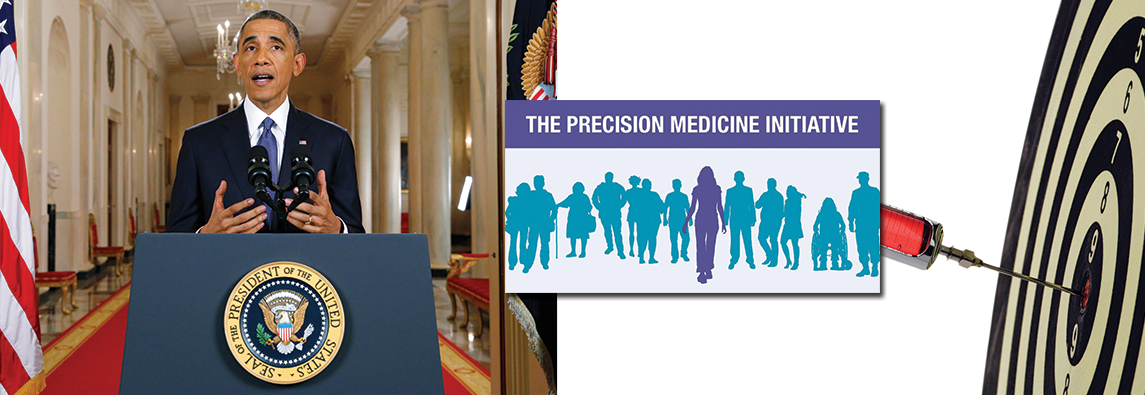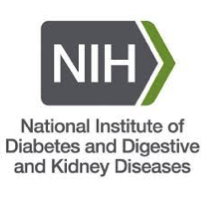What a Year We Had in 2014!
 Thank you to all those who collaborate with NephCure Kidney International (NKI) to advance its mission to support research leading to better treatments and cures for those suffering with FSGS and other Nephrotic Syndrome diseases. 2014 saw several major successes in the research world that move us closer to achieving our goals.
Thank you to all those who collaborate with NephCure Kidney International (NKI) to advance its mission to support research leading to better treatments and cures for those suffering with FSGS and other Nephrotic Syndrome diseases. 2014 saw several major successes in the research world that move us closer to achieving our goals.
Below is a summary of NKI’s 2014 research-related accomplishments.
NEPHCURE KIDNEY NETWORK PATIENT REGISTRY
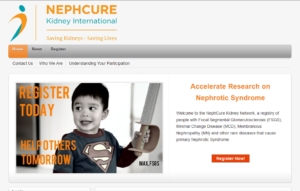 Hundreds of people with primary FSGS and related glomerular diseases enrolled in the newly launched NephCure Kidney Network Patient Registry. These patients and care givers of patients are at the forefront of a movement called “patient powered research”. By sharing and comparing data contributed by patients about their health and quality of life, we can accelerate the development of new treatments, including new drugs. It is important for people with a rare disease to STAND UP & BE COUNTED to ensure research focuses on the issues of greatest importance to patients and their families. To learn more or enroll, click HERE.
Hundreds of people with primary FSGS and related glomerular diseases enrolled in the newly launched NephCure Kidney Network Patient Registry. These patients and care givers of patients are at the forefront of a movement called “patient powered research”. By sharing and comparing data contributed by patients about their health and quality of life, we can accelerate the development of new treatments, including new drugs. It is important for people with a rare disease to STAND UP & BE COUNTED to ensure research focuses on the issues of greatest importance to patients and their families. To learn more or enroll, click HERE.
RESEARCH GRANTS
In 2014, the NKI grant program committed over $2.6 MM in support for scientific investigations that advance knowledge about the cause of NS disease, evaluate possible drug targets and help physician/scientists track the natural history of these rare diseases. Click HERE for more information about grants awarded to investigators at Washington University Medical Center, Boston Children’s Hospital and Rush University. For more information about the research consortia we support, click HERE for the Nephrotic Syndrome Study Network and HERE to learn more about CureGN.
CLINICAL TRIALS
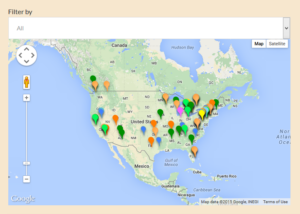 Patient participation in clinical research is essential to advance new treatments. In 2014, NKI launched several new programs to educate patients and increase awareness of opportunities to participate in research.
Patient participation in clinical research is essential to advance new treatments. In 2014, NKI launched several new programs to educate patients and increase awareness of opportunities to participate in research.
- The NEW Clinical Trial Finder website lists 16 studies actively recruiting participants in the US and Canada and another 18 around the world.
- We launched a Clinical Trial Ambassadors Program to recruit and train volunteers to help educate patients about the benefits (and risks) to participate in clinical trials and educate the medical community about the need for more research into treatments for NS.
- We posted, tweeted, emailed and sent letters about NEW FSGS drug trials. Our activities have raised awareness for potential participants and increased the interest of biopharmaceutical companies in working with NKI to advance new drug trials.
CATALYZE, COLLABORATE AND CONVENE
NKI is dedicated to being a catalyst along the research continuum: from support for basic science research to working with the biopharmaceutical industry and the FDA to understand how we might increase the numbers of new drugs moving into the drug approval pipeline and, finally, how to rapidly integrate new treatments into health care practice.
2014 was a busy year as we joined forces with our partners in healthcare and research to promote better treatments and faster cures.
The advocacy work of NKI volunteers, staff and our professional partners in Washington, D.C. was instrumental in significant NEW FUNDING for FSGS and NS research in 2014.
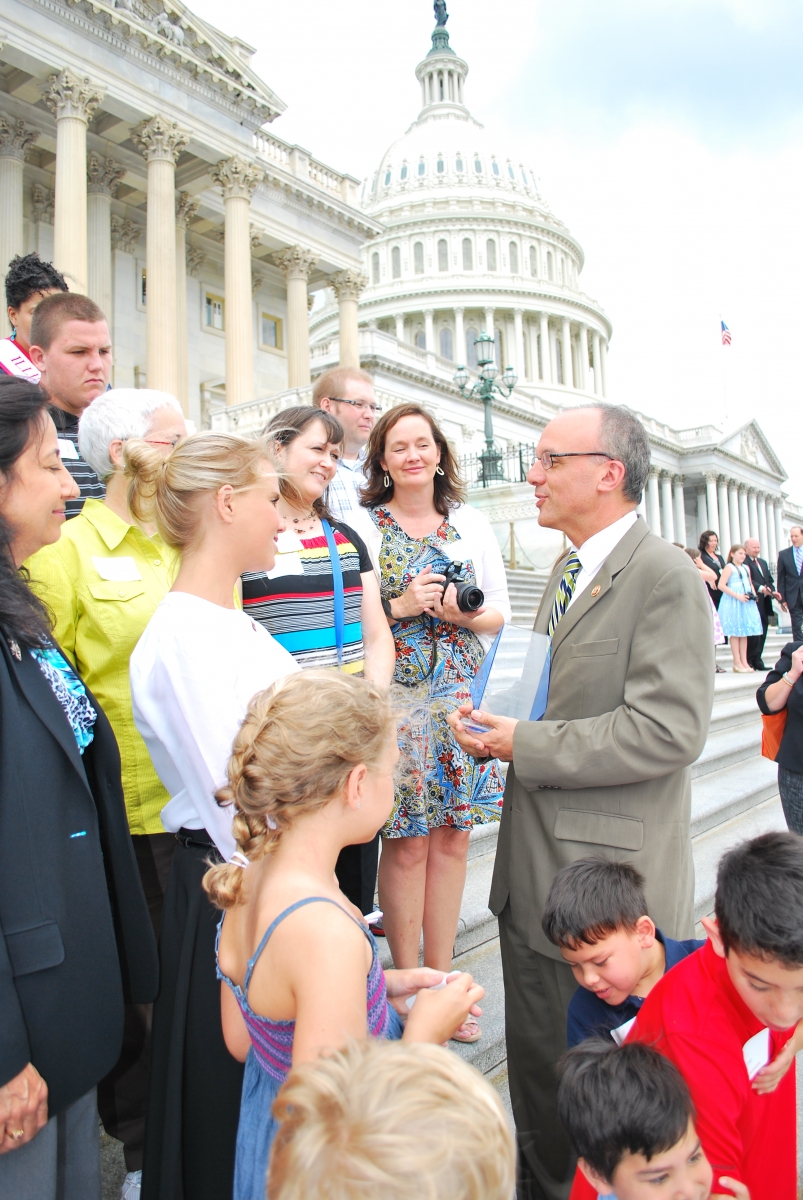 The National Center for Advancing Translational Sciences (NCATS) at the National Institute of Health (NIH) awarded $10 MM in new funding to continue the Nephrotic Syndrome Study Network (NEPTUNE), a consortium of research centers in the US and Canada collecting and analyzing data about patients newly diagnosed with primary NS diseases. NKI was a principal funder of the first phase of this study and continues to support and participate in its expansion.
The National Center for Advancing Translational Sciences (NCATS) at the National Institute of Health (NIH) awarded $10 MM in new funding to continue the Nephrotic Syndrome Study Network (NEPTUNE), a consortium of research centers in the US and Canada collecting and analyzing data about patients newly diagnosed with primary NS diseases. NKI was a principal funder of the first phase of this study and continues to support and participate in its expansion.- A second institute in NIH, the National Institute of Diabetes and Digestive and Kidney Diseases (NIDDK) awarded a new $20 MM, 5- year grant to follow patients with FSGS, Minimal Change Disease, Membranous Nephropathy and IgA Nephropathy. NKI was instrumental in collaborating with NIH to get this funding. Click HERE.
- For the first time, FSGS is listed as a condition eligible to receive research grants through the Department of Defenses’ Peer-Reviewed Medical Research Program. Because FSGS is listed, FSGS researchers have an opportunity to compete for grants from a NEW funding source. The total amount in the DoD’s program is $247.5 Million!
NKI is a leader in assembling, facilitating and promoting professional meetings that bring together partners from industry and the academic world along with patients and their advocates to promote NS health research. In 2014, NKI:
- Organized the 10th International Podocyte Conference in Freiburg, Germany. This conference brings together
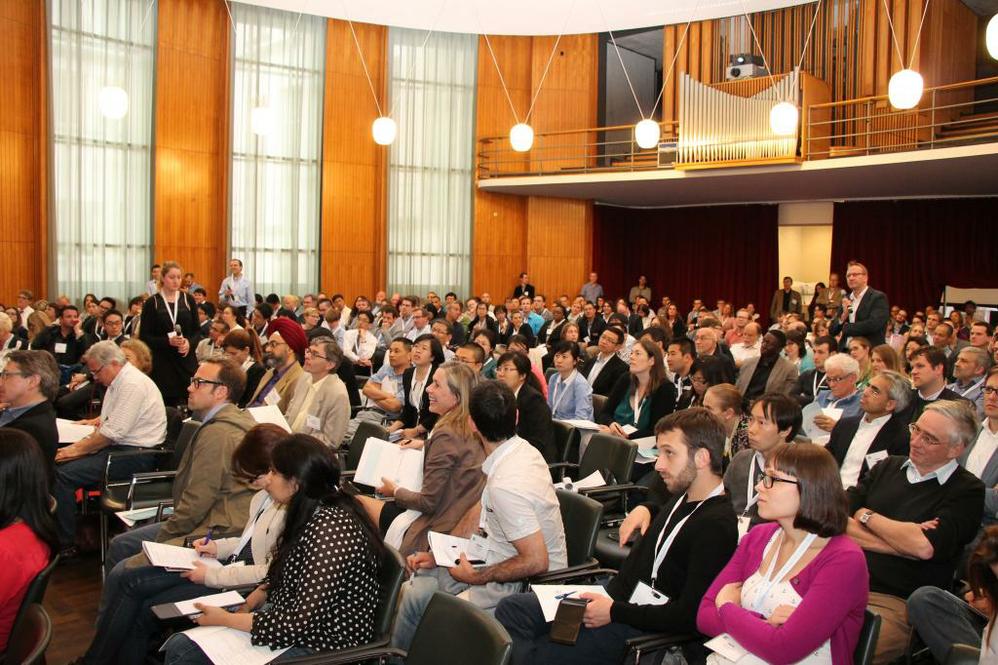 researchers from a variety of scientific disciplines and from around the world to promote interactions and new collaborations and to investigate emerging directions in podocyte and glomerular biology research.
researchers from a variety of scientific disciplines and from around the world to promote interactions and new collaborations and to investigate emerging directions in podocyte and glomerular biology research.
- Convened the PRO in Glomerular Disease Scientific Conference with representatives from academic medical centers, the biopharmaceutical industry, the NIH and the FDA to pursue the development of Patient Reporting Outcome (PRO) instruments to advance new drug trials for FSGS and NS. (A PRO is any report of the status of a patient’s health condition that comes directly from the patient.) An FDA-accepted PRO instrument can accelerate the number of applications to the FDA for new drug trials. NKI continues to lead the development of a PRO development consortium.
- Convened the third NephCure Research Accelerator Meeting that brought together physicians and scientists with representatives from more than a half dozen biopharmaceutical companies with an interest in drug development for kidney disease. Research Accelerator Meetings were initiated by NephCure to engage these two scientific groups in an exchange of knowledge that will accelerate translation of basic science discoveries to new treatments for people with NS diseases.
- Presented a session on the NephCure Kidney Network and patient-powered research to the US Summit of Kidney Organizations hosted by the America Society of Nephrologists at its 2014 conference in Philadelphia. NKI continues to be a leader in bringing the voice of patients to the forefront of advocacy for new treatments for chronic kidney diseases such as FSGS, Minimal Change Disease and Membranous Nephropathy.
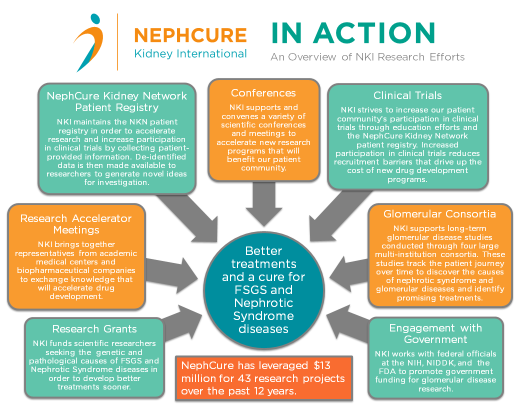


 went on to receive his Ph.D. in Biomedical Engineering from Columbia University. In 2010, Dr. Azeloglu was awarded the Howard Hughes Medical Institute Fellowship from the Life Sciences Research Institute. His background in biomechanics and systems biology is uniquely positioned to study complex diseases such as hypertension and diabetic nephropathy. He aspires to design transformative therapeutic tools using nanotechnology and tissue engineering.
went on to receive his Ph.D. in Biomedical Engineering from Columbia University. In 2010, Dr. Azeloglu was awarded the Howard Hughes Medical Institute Fellowship from the Life Sciences Research Institute. His background in biomechanics and systems biology is uniquely positioned to study complex diseases such as hypertension and diabetic nephropathy. He aspires to design transformative therapeutic tools using nanotechnology and tissue engineering.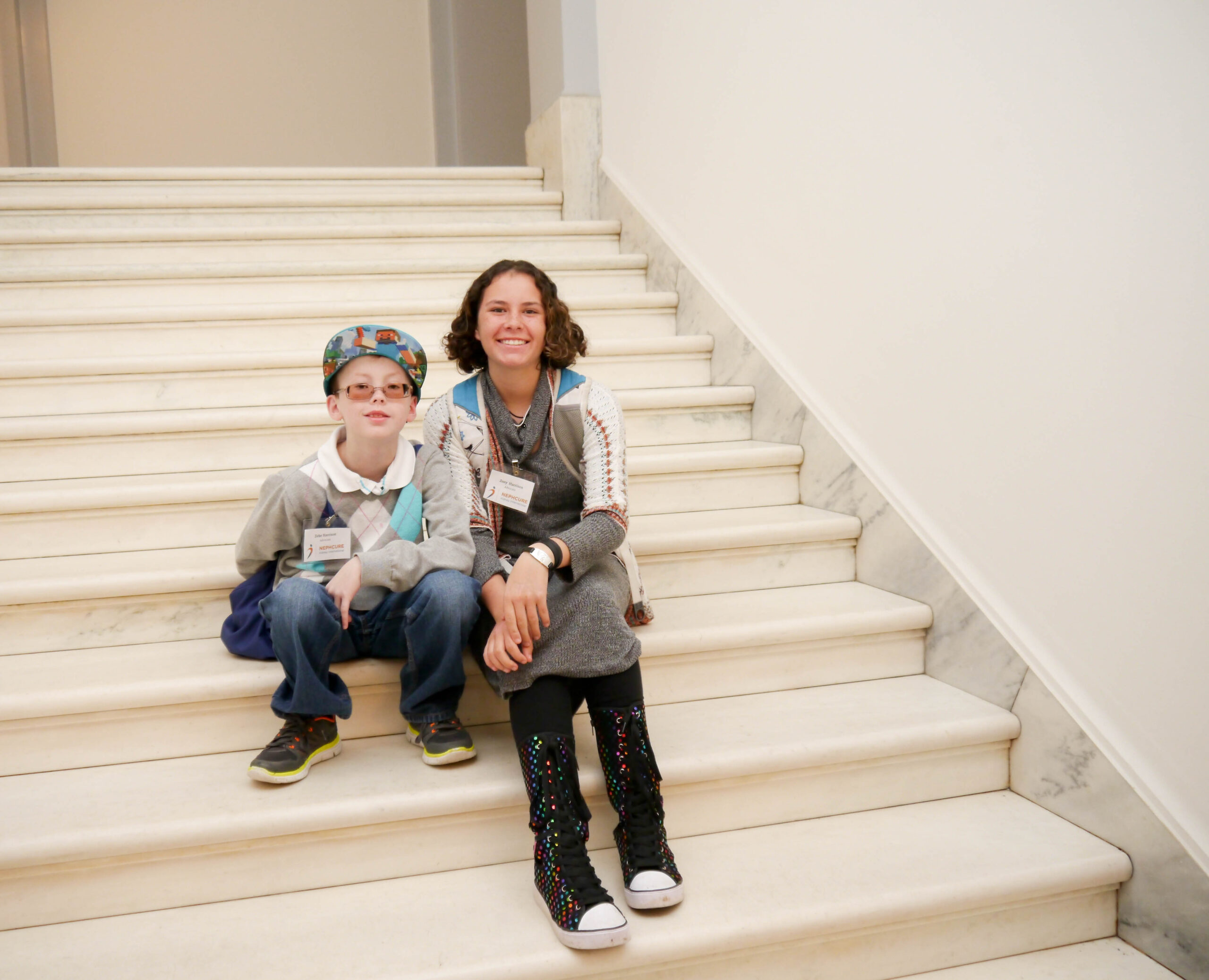
 More Good News:
More Good News: 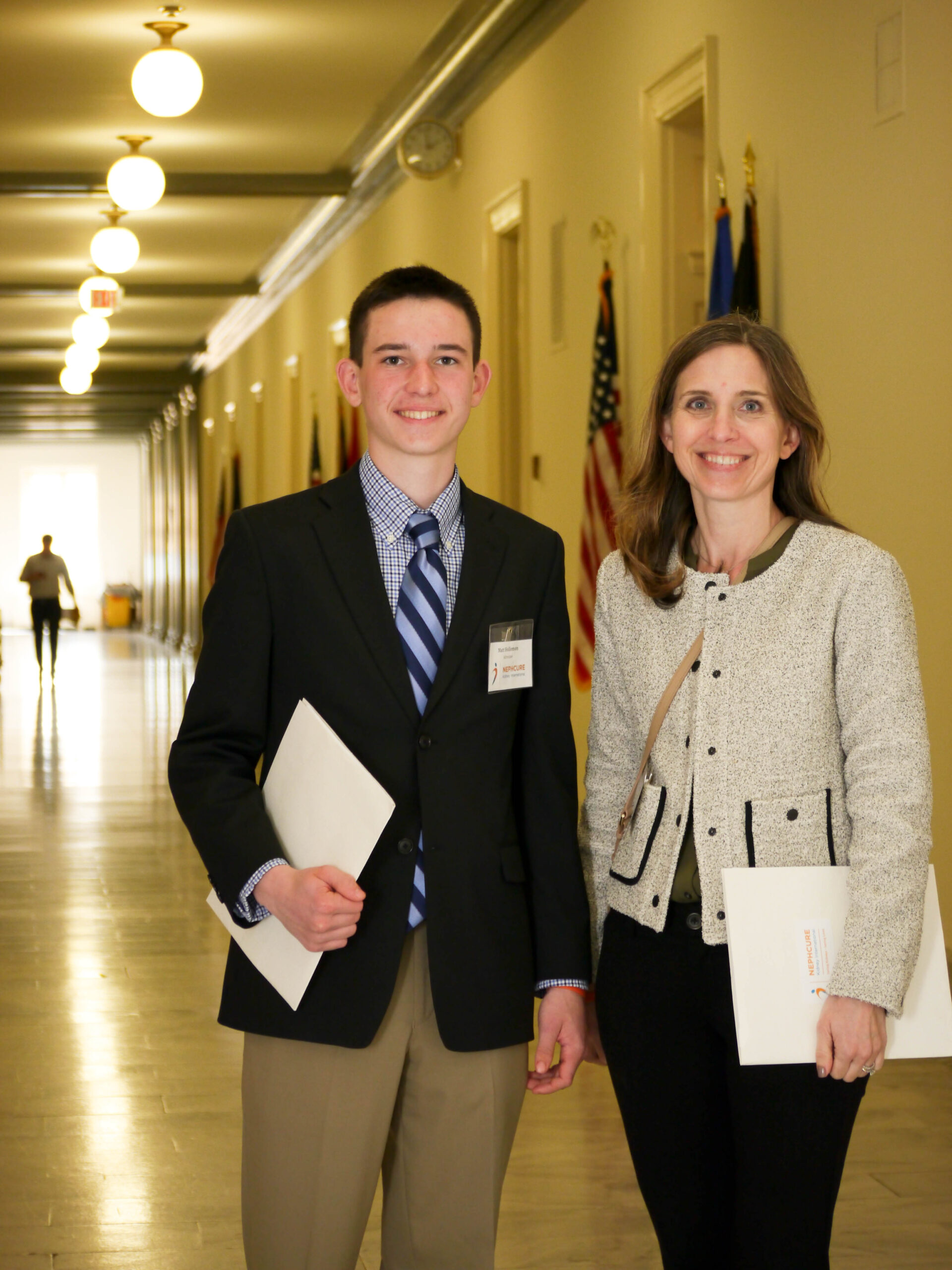

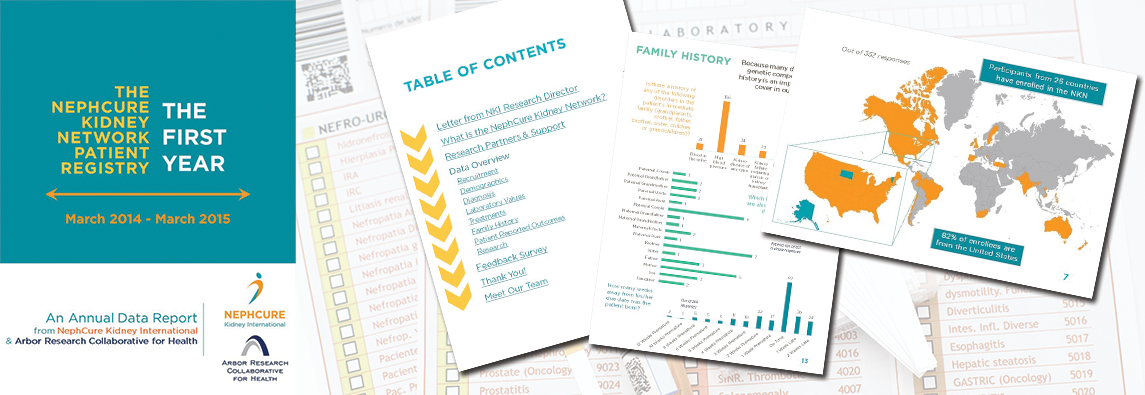
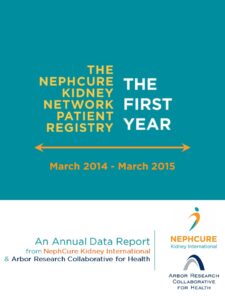
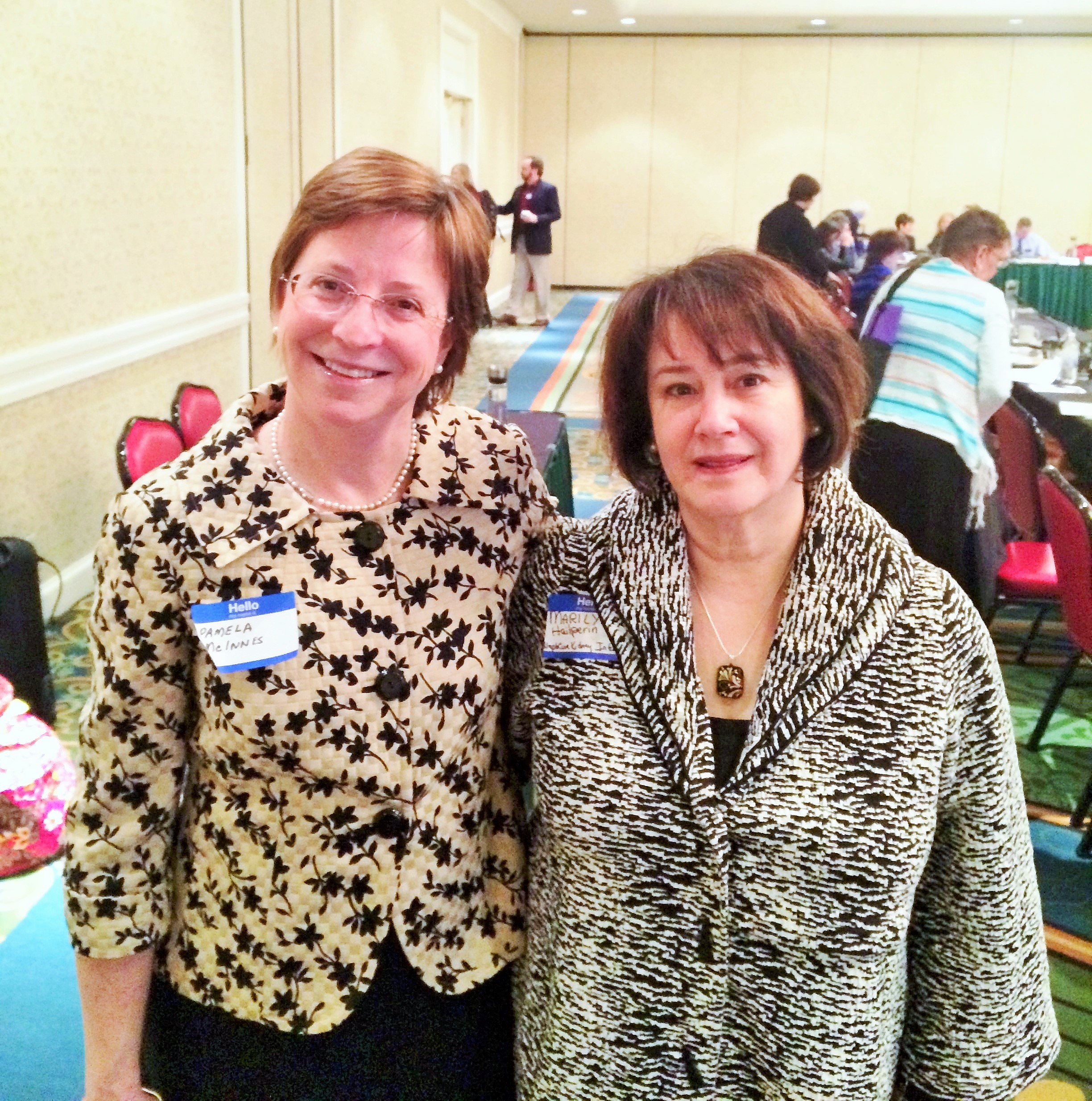
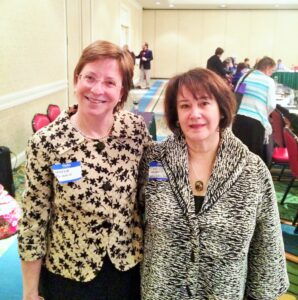

 Thank you to all those who collaborate with NephCure Kidney International (NKI) to advance its mission to support research leading to better treatments and cures for those suffering with FSGS and other Nephrotic Syndrome diseases. 2014 saw several major successes in the research world that move us closer to achieving our goals.
Thank you to all those who collaborate with NephCure Kidney International (NKI) to advance its mission to support research leading to better treatments and cures for those suffering with FSGS and other Nephrotic Syndrome diseases. 2014 saw several major successes in the research world that move us closer to achieving our goals. Hundreds of people with primary FSGS and related glomerular diseases enrolled in the newly launched NephCure Kidney Network Patient Registry. These patients and care givers of patients are at the forefront of a movement called “patient powered research”. By sharing and comparing data contributed by patients about their health and quality of life, we can accelerate the development of new treatments, including new drugs. It is important for people with a rare disease to STAND UP & BE COUNTED to ensure research focuses on the issues of greatest importance to patients and their families. To learn more or enroll, click
Hundreds of people with primary FSGS and related glomerular diseases enrolled in the newly launched NephCure Kidney Network Patient Registry. These patients and care givers of patients are at the forefront of a movement called “patient powered research”. By sharing and comparing data contributed by patients about their health and quality of life, we can accelerate the development of new treatments, including new drugs. It is important for people with a rare disease to STAND UP & BE COUNTED to ensure research focuses on the issues of greatest importance to patients and their families. To learn more or enroll, click  Patient participation in clinical research is essential to advance new treatments. In 2014, NKI launched several new programs to educate patients and increase awareness of opportunities to participate in research.
Patient participation in clinical research is essential to advance new treatments. In 2014, NKI launched several new programs to educate patients and increase awareness of opportunities to participate in research. The National Center for Advancing Translational Sciences (NCATS) at the National Institute of Health (NIH) awarded $10 MM in new funding to continue the
The National Center for Advancing Translational Sciences (NCATS) at the National Institute of Health (NIH) awarded $10 MM in new funding to continue the researchers from a variety of scientific disciplines and from around the world to promote interactions and new collaborations and to investigate emerging directions in podocyte and glomerular biology research.
researchers from a variety of scientific disciplines and from around the world to promote interactions and new collaborations and to investigate emerging directions in podocyte and glomerular biology research.